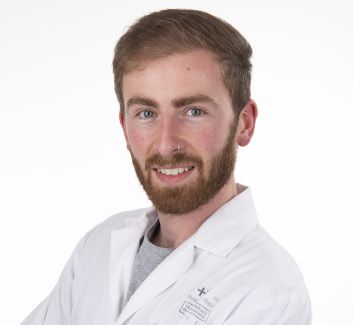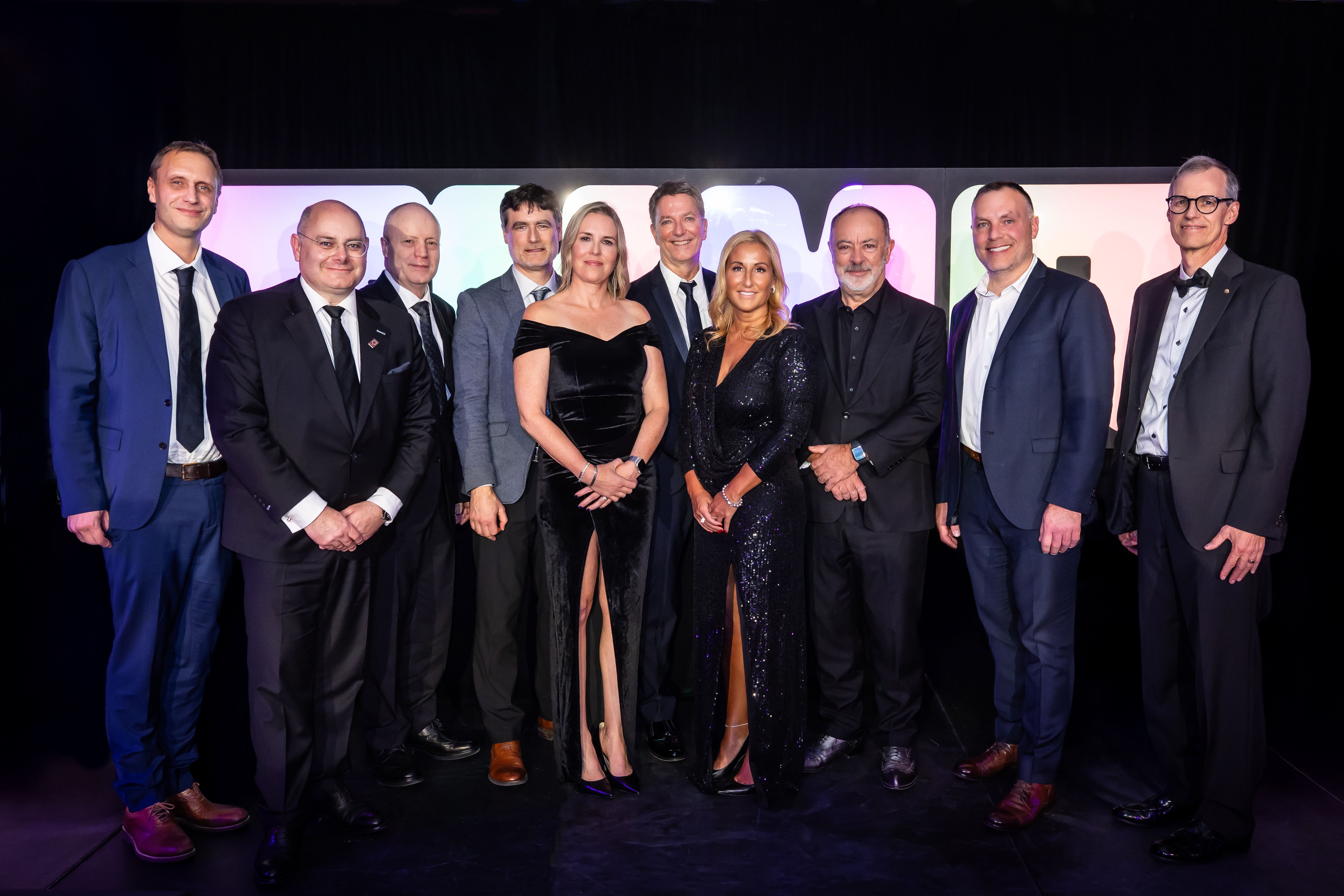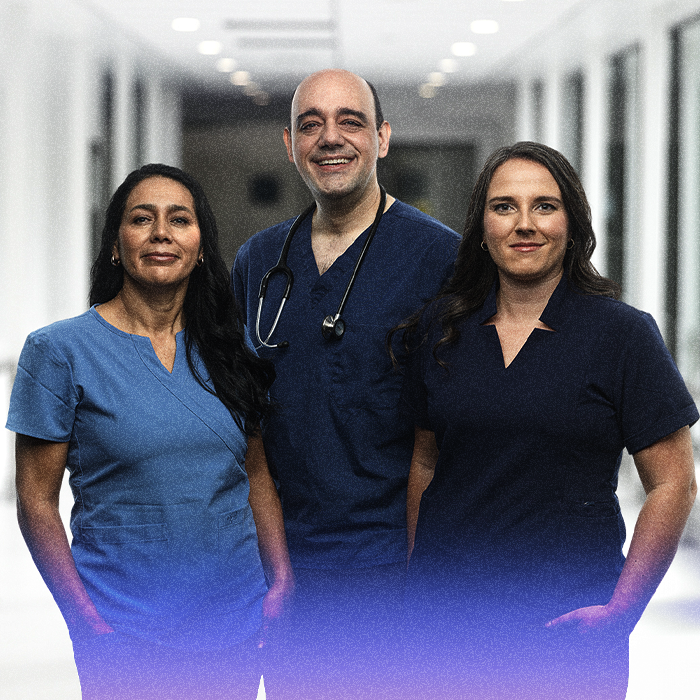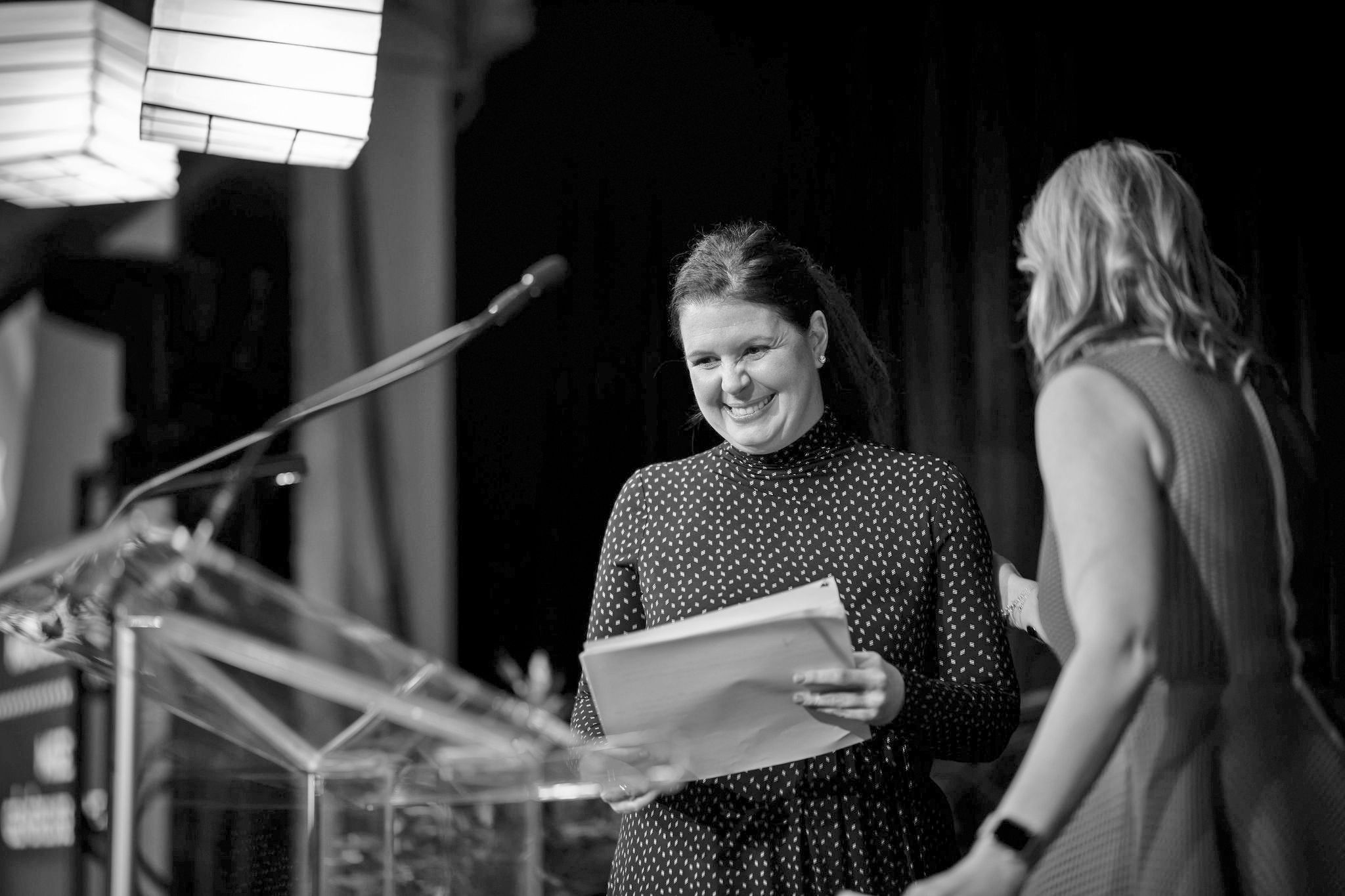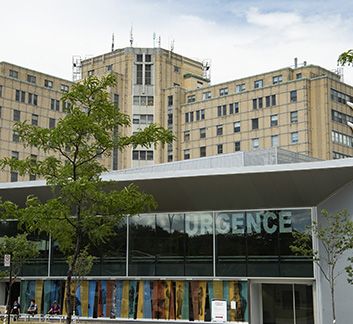Impact of your donations on research: Interview with Félix Lombard-Vadnais
6 July 2020

Félix Lombard-Vadnais is a researcher on Dr. Sylvie Lesage‘s team. He works on T cells and autoimmune diseases and has just published an article in The Journal of Immunology.
What is the purpose of Dr. Lesage’s research and that of her team?
Félix Lombard-Vadnais: The laboratory’s work is quite varied, but it focuses in general on the study of rare immune cell populations. We seek to understand the development and role of these so-called “unconventional” immune cells, particularly in the context of autoimmune diseases and cancer.
What is your role in the team?
F. L.-V.: As a doctoral student, I manage various research projects under the supervision of Dr. Sylvie Lesage. I also collaborate often on projects with other members of the laboratory, or with students from different laboratories in the Research Centre. For example, for this article, students and employees from two laboratories worked closely together.
Also, since I have been working there for almost 3 years, I am responsible for the training of new students joining the lab. I teach them the techniques I have learned along the way.
What led you to research and to this particular field?
F. L.-V.: During my undergraduate studies, I did a research internship in Dr. Lesage’s laboratory. I had no idea what to expect, but I was extremely curious about biomedical research. It was a mysterious and intimidating world at first, but I was made welcomed very quickly.
After only a few months, I was convinced that I wanted to continue my career in research. So, I started a master’s degree, which turned into a PhD, in this lab. I particularly appreciate the field of immunology because I find it very varied. Whether it’s studying infectious diseases, autoimmune diseases or even cancer, there are always important links to the immune system, and there’s so much more to discover.
How did the Maisonneuve-Rosemont Hospital Research Centre environment facilitate your study?
F. L.-V.: The Maisonneuve-Rosemont Hospital Research Centre is a very good environment for immunology research. It brings together a large number of specialists in the field, which greatly facilitates the exchange of ideas and collaboration between laboratories. The Centre also has a number of state-of-the-art facilities that allow us to conduct experiments that are essential to our research projects.
What is your article about?
F. L.-V.: The article deals with the development of a rare immune cell population called double negative T cells (DN T cells). This is a type of T cell, the development and function of which are still very poorly understood.
With this project, we wanted to identify their origin, understand their development and determine the factors leading to the development of cells that do not resemble other so-called “conventional” T cells.
Once published, what is the next step?
F. L.-V.: We keep on going! We are already actively working on the next steps of this project. Now that we have a better understanding of the origin of these rare cells, we want to study their role in the immune system.
You have a grant from the HMR Foundation. What difference does it make for you?
F. L.-V.: Graduate student salaries are usually covered by scholarships. This scholarship allows me to concentrate on my research work, without worrying about the financial aspect. I am very grateful for the Foundation’s help in this regard.
What is the therapeutic purpose of your work and research?
F. L.-V.: Understanding how a population of cells is formed makes it possible to develop therapeutic approaches to increase or prevent the development of these cells.
We still have a lot to discover about DN T cells, but this is an important advance that could lead to their clinical use, in the field of cell therapy for example.
˃ Read MHC-Independent Thymic Selection of CD4 and CD8 Co-receptor Negative ab T Cells, Journal of Immunology, May 20, 2020

